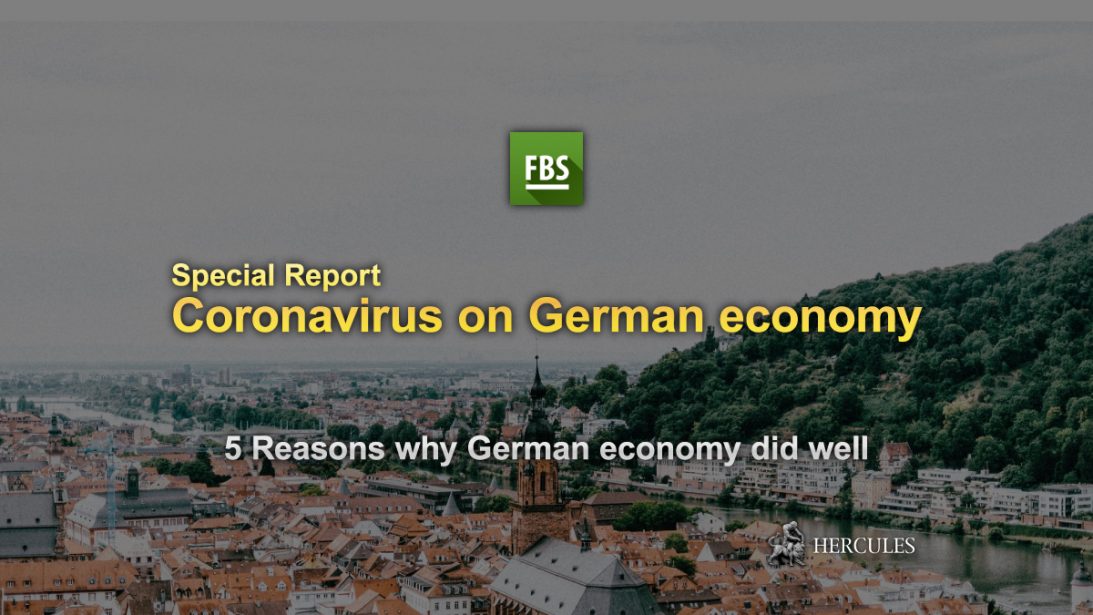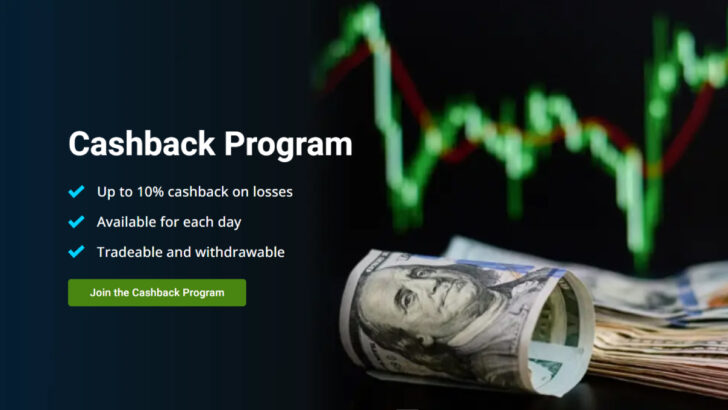How come Germany is doing well during Coronavirus Pandemic?


- Coronavirus on German Economy
- 5 Reasons how German economy did well
- The impact of Coronavirus on the German economy
- Will Germany rescue EU Economy?
- What happened to Euro?
Coronavirus on German Economy
Germany, like all countries around the world, hasn’t been spared by the unpredictable global pandemic.
Coronavirus has left unprecedented damage, with consequences that countries won’t recover from any time soon.
The memories of it won’t be erased from our minds easily.
Nevertheless, the German economy, the strongest economy in Europe, held its ground against this global health crisis better than the economies of most neighbors.
The German experience proved that it’s possible to control the spread of coronavirus.
So how did Germany do it? Will it be able to save the European Union alone?
Go to Hercules.Finance Main Page
5 Reasons how German economy did well
5 Reasons behind why the German economy did well during the pandemic and recovered quickly:
- Early and relatively soft shutdown measures, which allowed some social, industrial, and economic activities to remain open and continue to operate, even during the peak.
- Cutting VAT rates from July 1 to the end of 2020 to push Germans to increase consumption and boost spending.
- Pumping an additional 130 billion euros to support the economy severely affected by the consequences of the Coronavirus, as the German Rescue Fund Reaches €1.3 trillion (4% GDP), by far the largest in Europe.
- The government implemented a short-term work system, which allowed companies to reduce working hours during the downturn so that employees could continue receiving their payroll without causing mass lay-offs.
- The strong infrastructure of the healthcare system and the early tracking, which led to low death tolls and identifying where the virus is spreading to control it.
The coronavirus came to throw all our papers in the air, and governments were forced to tear their old economic plans and write new ones to fit the new reality that has imposed itself on us.
The impact of Coronavirus on the German economy
Let’s see the numbers published by Germany, and examine how German economy did well.
1. Unemployment
Unemployment in Germany increased by only 0.1 % to 6.4% in June due to the reduction in working hours, which eased the economic blow.
The number of unemployed reached 2.9 million people in Germany last month.
Despite the rise in the jobless rate, it came at a slower rate than expected due to government measures, as the number of unemployed increased by only 69.000, which is less than expectations (120.000).
It is worth noting that the labor market in Germany entered the crisis with full employment with its almost maximum capacity.
The short-term work system kept 10 million people from losing their jobs, which protected the market from collapse due to the coronavirus recession.
However, economists fear that this support only postponed the crash, but didn’t eliminate it.
It will all depend on the German consumer to start spending, so the economy returns to spinning again.
2. Retail sales
Retail sales rebounded strongly last May, jumping from 6.5% in April to 14% in May, supported by online shopping as consumers are afraid to catch an infection if they go out again.
3. GDP growth
The German lfo research institute said it expects GDP growth of 6.9% in the third quarter and 3.8% in the last quarter of 2020, after a contraction by 1 1.9% in the second quarter.
The economy will shrink by 6.7% in 2020 as a whole, the worst recession in Germany since World War II.
The institute believes that the economy may return to the levels of last year in production by the end of 2021.
Go to Hercules.Finance Main Page
Will Germany rescue EU Economy?
Will Germany be able to rescue the European Union from the Coronavirus crisis alone?
Germany has a heavy responsibility on its shoulders, being the strongest economy in the European Union, which is saving the bloc, as it’s recovering quicker than its neighbors.
While German GDP will shrink by 6% this year, the outlook for the four major European economies have been much worse: Italy will shrink by 9.2% and the UK by 14%.
The German Minister of Economy believes that Germany will be the economic locomotive that will pull Europe and the whole world from the depths of the Coronavirus crisis, and has the ability to recover quickly and heal others.
This confidence is due to several reasons, including:
- The German model succeeded in dealing with the virus and controlling its death toll with far fewer numbers than its neighbors (only 8,914 deaths), which is the fifth of the numbers in the I-JK.
- Germany didn’t close its economy completely for long weeks, as happened in France, Spain, and Italy, in which individuals werent allowed to leave their houses unless necessary.
- The financial stimulus softened the negative effects of the pandemic, which prevented a massive wave of layoffs, as what happened in the United States.
- How companies and factories quickly adapted to the new reality, and immediately started working on the needs of the local and international markets’ needs, which result in keeping employees in work without losing their jobs, and the stability of the economy in front of this hurricane.
- The strong advantage of the German economy: the global economy needs for its products, especially German cars and machinery. These markets aren’t dead even if life has partially stopped there, and will return to consumption again.
Go to Hercules.Finance Main Page
What happened to Euro?
What did happen to the Euro during the pandemic? Where will it go?
The euro witnessed major fluctuations during the peak of the Coronavirus pandemic, as it fell nearly to 1.06 levels against the dollar, as fear and panic gripped the world.
As a result; everyone turned toward the dollar, as a safe haven, until the US Federal Reserve announced its quantitative easing program.
This somewhat stabilized the markets, and the dollar retreated again.
Consequently, the Euro rose strongly again towards 1.14 levels, and has since settled near these levels.
As the QE program by the Fed keeps running, it is expected that the dollar’s weakness will continue during the coming period.
Banks raised their expectations for the euro to 1.17 levels by the end of this year.









